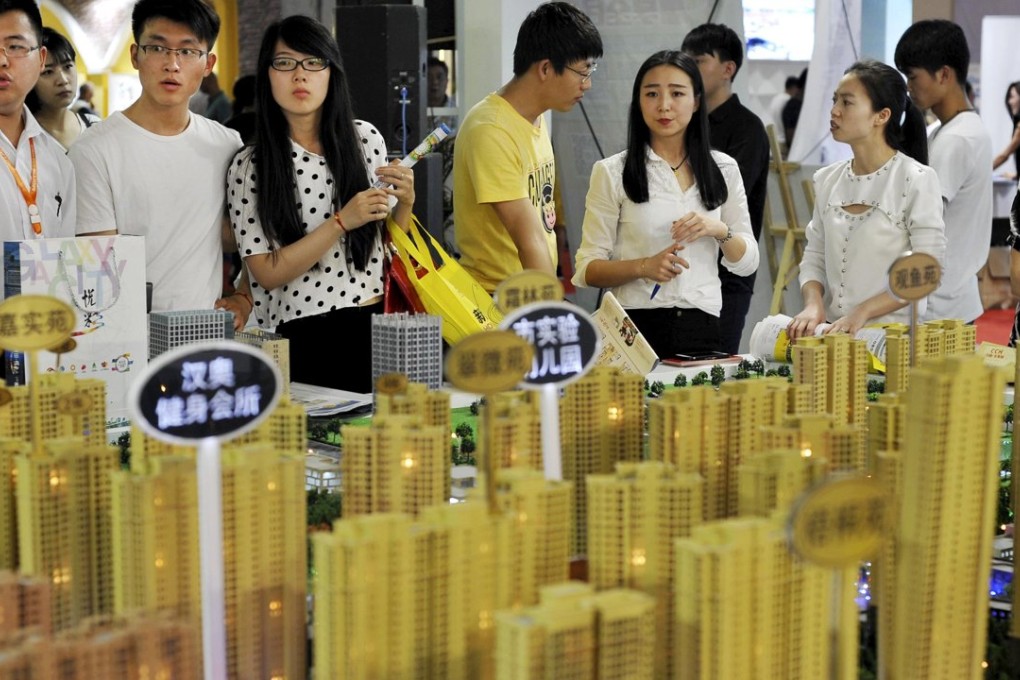Update | China property bubble bound to burst, say experts

China’s property bubble is bound to burst as the government’s efforts to clear the pile-up of unsold flats is unlikely to work, say market experts.
Property inventory in China rose to a record 6.2 billion square metres by the end of 2015, which, according to the China Index Academy, would take at least five years to clear at the current speed of sales.
“The challenge is huge, the inventory figure does not factor in shadow inventory,” said Bocom International chief China strategist Hong Hao, alluding to unsold homes in the secondary market. “Recent measures like lowering down payment will do little to turn the tide.”
The current property ownership already accounts for 90 per cent of the population and the current stock could easily make it 100 per cent, Hong wrote in a report this week, estimating that the remaining 10 per cent translates into 46 million households in need of a house.
“And we have ignored the rental demand and the necessity of sharing due to high property prices,” Hong said. “With the current high prices, it is hard to say the Chinese property market is not in bubble territory.”